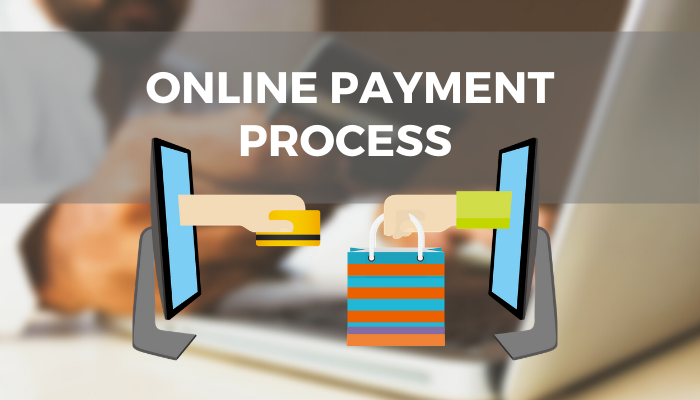Understanding Online Payment Processing

Given the rapid scale-up of revolutionising every aspect of business operations and financial disbursing services, technology has transformed the way business corporations engage with customers and each other.
Online Payment Processing Defined
Payment processing refers to online involvements made by the third party mediator who corresponds between the merchant and the financial body that validates credit payment information and disbursement after completing a sales transaction.
Online payment processing, with the latest technologies, whether it is a credit balance inquiry your consumers are making or complicated cash fund transfers, all services can be fulfilled using smart devices with internet connectivity.
How Does It Work?
In accordance with the PCI DSS (the Payment Card Industry Data Security Standard) compliance, processing debit and credit cards largely involve three key players: a business merchant, the customers and the software technology (mediator) that connects both former parties.
Merchant
As a business investor, it’s required to possess a merchant acquiring platform that accepts card payments or transactions on your behalf.
Customer
Responsible for payment collections of the customer to the merchant, the bank that approves the customer’s card is known as the issuer.
Technology
Aside from payment gateway that helps enable the interaction of the customer and merchant, online payment processors hold the flow of the transaction within the network such as sending customers billing statements and simplifying other bank procedures.
Common Features of Online Payment Processing
The following concepts of payment processing have outshined traditional methods by transforming every level of accessible expectation for customers and the entire operational process of financial organisations to be done fully online:
- Digital Wallet or Mobile Phone Compatibility
With a tap or simple scan of the mobile phone, an activated digital wallet helps transact payments seamlessly with the stored debit or credit cards. Instead of having to carry hard cash when travelling, digital wallets have replaced the need to utilise money physically. In addition, this money transfer method works with passwords and biometrics only.
- Payment Data Reporting
To put your business in control, this modern feature can tremendously help with monitoring budgets, expenditure and keep them all on track. Since it is easy to lose sight of your sales trends given the large pool of customers entering e-commerce webshops for convenience’s sake, regular data analysis that makes you aware of your business growth and concern can help with making the right business decisions while avoiding risks that wouldn’t benefit in the long run.
- EMV Readers
Cutting edge technologies have paved the way for emerging fintech concepts such as EMV chip readers for payment processing. Utilising EMV technology can improve data protection from the possible scamming of duplicate cards. These protective chips can benefit both a business and its customers when implementing more tightly guarded payment processing for verification eventually speeding up the transaction also.






